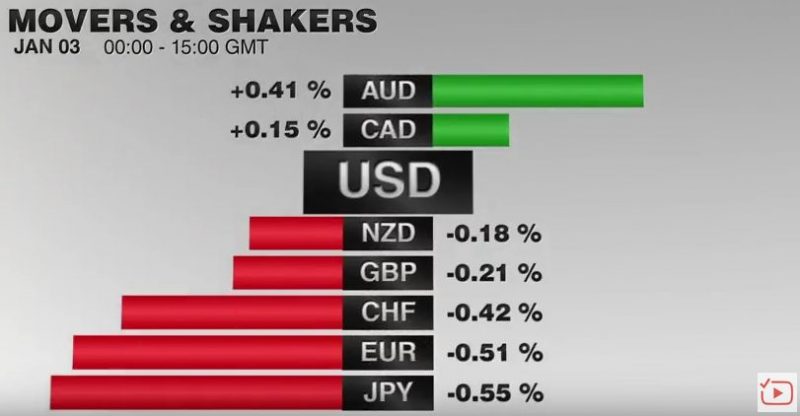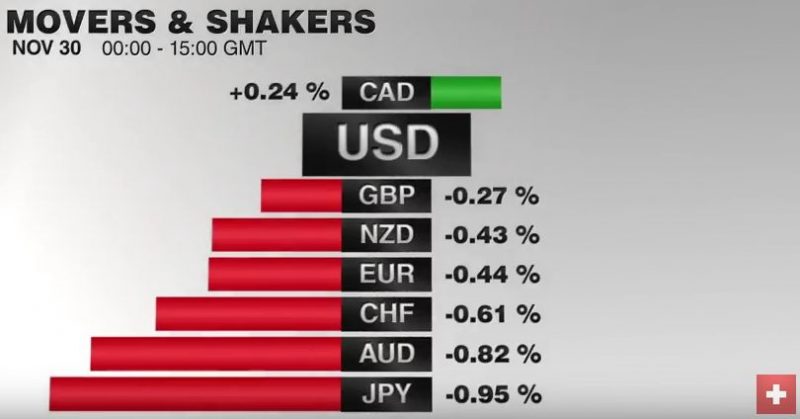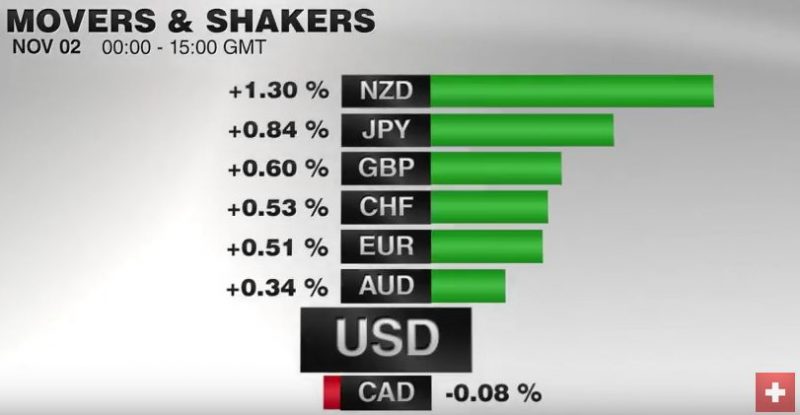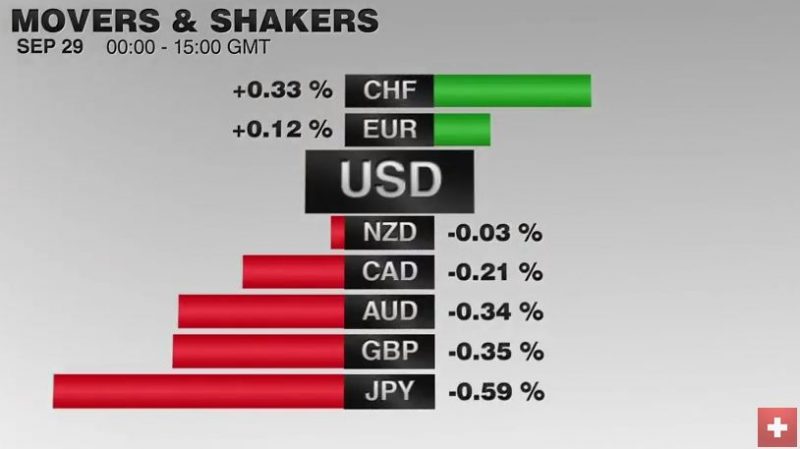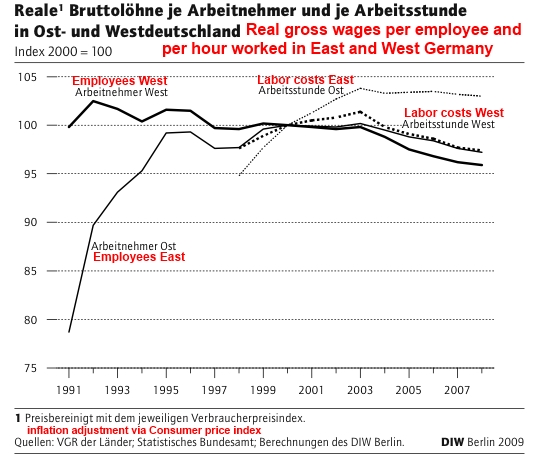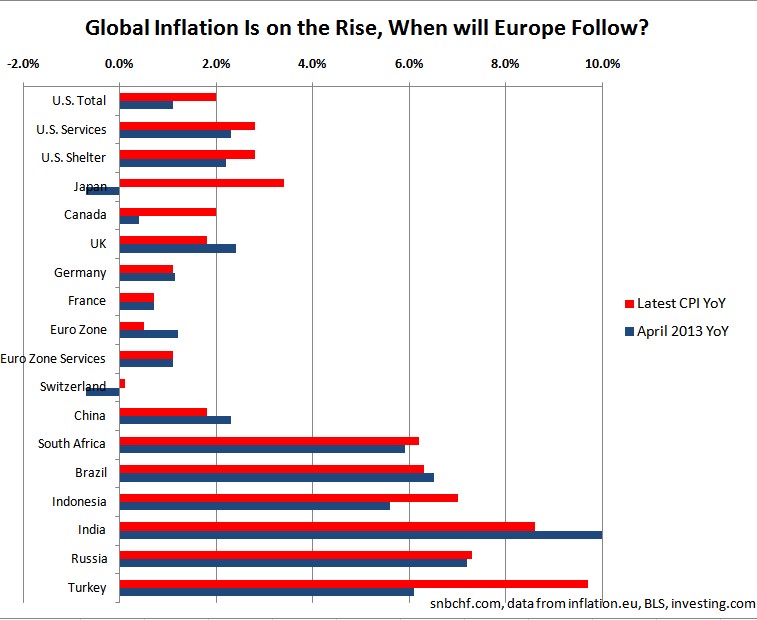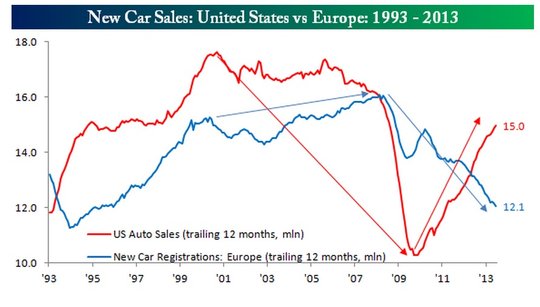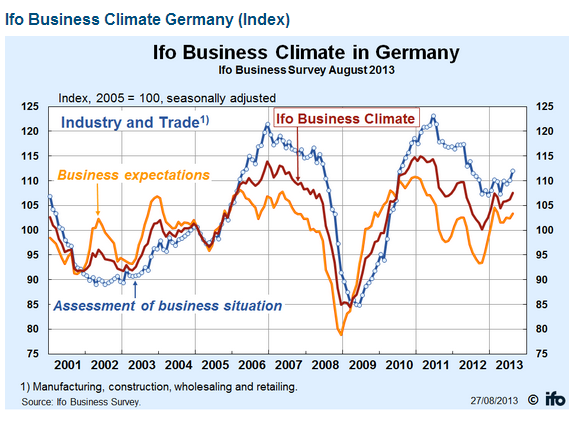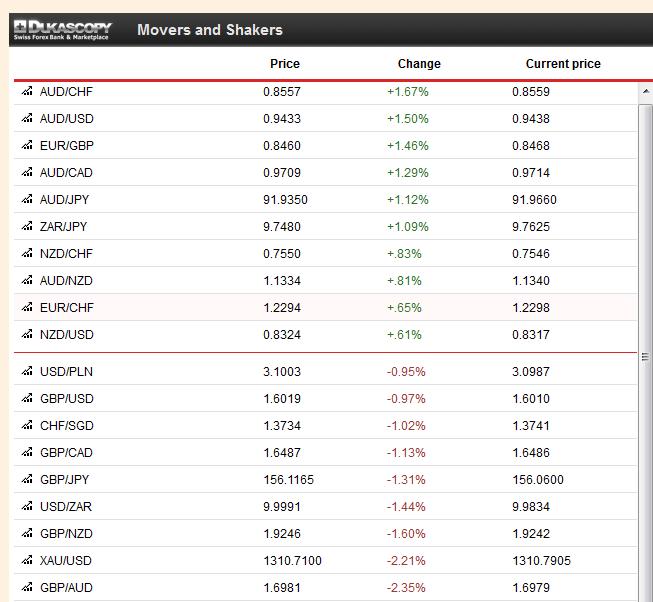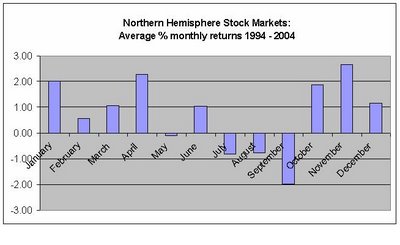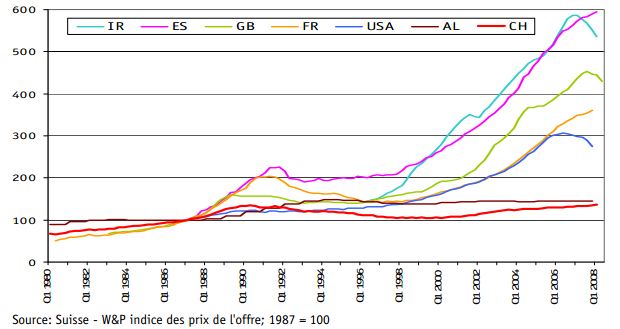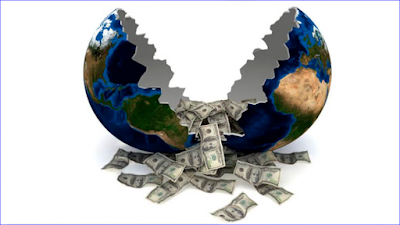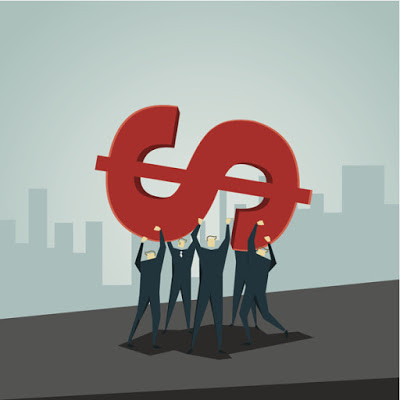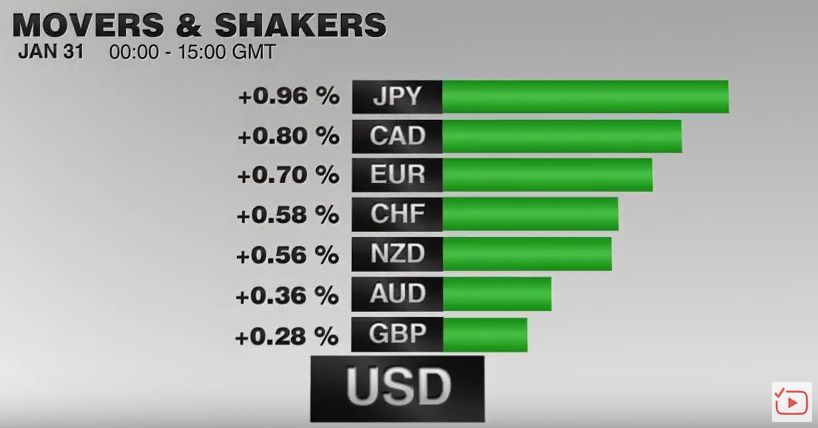Tag Archive: Germany Unemployment Rate
Unemployment rate measures the percentage of the total work force that is unemployed and actively seeking employment during the reported month.
FX Daily, January 03: Dollar-Bloc and Sterling Advance, while Euro and Yen Slip
The US dollar is mixed. After a soft start in Asia, where Tokyo markets were closed, the dollar recovered smartly against the euro and yen. The dollar-bloc and sterling are firmer. Sterling's earlier losses were recouped following news that the manufacturing PMI jumped to 56.1, its highest since June 2014.
Read More »
Read More »
FX Daily, November 30: Renewed OPEC Hopes and Month End Featured
Rates for buying Swiss Francs dollars remain incredibly subdued post Brexit but there has been a general improvement over the last month. Rates for the moment appear to have found support over 1.24 for GBP CHF and this has largely come about following the Trump US presidential election victory. Despite a leaked government document titled Have cake and eat it, the markets and sterling were largely unphased.
Read More »
Read More »
FX Daily, November 02: Standpat FOMC Trumped by US Political Jitters
The single biggest driver in the capital markets is the continued narrowing of the US election polls. The prospect of a Trump presidency and the dramatic changes that could entail is rattling investors and spurring position squaring.The dollar is broadly lower as are stocks. The surge in global yields has been arrested.
Read More »
Read More »
FX Daily, September 29: Dollar Quietly Bid, while Market is Skeptical of OPEC Deal
The US dollar has firmer against most major and emerging market currencies. It remains well within its well-worn ranges, which continue to be narrow. A notable exception today is the yen's weakness. While the majors are mostly off marginally and now more than 0.3%, the yen is 0.75% lower. That puts the greenback at a six-day high (~JPY101.75) at its best.
Read More »
Read More »
Swiss Franc History: Weak German and Swiss growth between 1996 and 2004
A critical Swiss Franc History: Between 1996 and 2004 Switzerland and its main trading partner and FX proxy Germany saw slower growth compared to other European countries. We explain the reasons
Read More »
Read More »
Global Inflation Spikes Up, Are You Sure About What You Are Doing Mr Draghi?
The European Central Bank (ECB) has the habit of reacting late. As seen in July 2008 and July 2011, the ECB is often the last major central bank to hike rates. They hike rates at the moment when others prepare for a recession or a significant slowing. Currently we are witnessing the opposite movement: The world is getting … Continue...
Read More »
Read More »
Fundamentals, Gold and FX Movements, Week September 30 to October 4
Our weekly summary of fundamental news on FX that aims to explains price movements, with particular emphasis on the possibly biggest mysteries: the gold price (GLD) and the Swiss franc (FXF) . The clear winner of the week was the Aussie, supported by a positive PMI and positive news from the RBA. In the previous …
Read More »
Read More »
High German Pay Rises: The End of the German Bunds Bubble
Yesterday’s German CPI has given a first insights of what is coming these years: German inflation. For years excessive risk averseness put pressure on German yields. Most recently, energy prices helped to push down inflation and on German yields possibly for a last time. But many ignore that the main reason for inflation are rising …
Read More »
Read More »
The “Get Stress in May and Relax in October Effect” for the SNB
The U.S. economy regularly improves between October and March. The SNB should use the moment to sell some currency reserves. From May on, the typical seasonal effects will push the SNB into a defense.
Read More »
Read More »
The “Sell in May, come back in October” effect and its equivalent for the SNB
The "Sell in May, come back in October" effect It is the same seasonal anomaly nearly every year: The statistically flawed (see here and here) Non-Farm Payrolls (NFP) report delivers some good winter readings with 200K new jobs, this time additionally fuelled by a weather effect; biased data that let hard-core Keynesian policy makers doubt Okun's law. Consequently the stock markets rally …
Read More »
Read More »
Why the Euro Crisis may last another 15 years
Abstract In the following article we will explain which types of crisis occur in the euro area and will argue that this crisis will last at least another fifteen years. (1) Competitiveness crisis: Before the euro introduction peripheral countries regularly saw their currency depreciate against the German Mark and helped them to increase their competitiveness. …
Read More »
Read More »
Written in February 2012: Will the EUR/CHF never rise over 1.22 or 1.23 again?
Our analysis from February 2012 shows astonishing accurateness: It predicted that the euro would not rise against CHF and that the commodity currencies were overvalued and subject to correction.
Basic foreign exchange theory, the SNB price stability mandate and strong fundamentals for Switzerland and bad ones for the peripheral countries of the euro zone speak for the thesis that the EUR/CHF exchange rate might never go over the level of around...
Read More »
Read More »









